There aren't enough available detox beds and recovery programs for those who need them, says mother whose son died of an overdose.
Published Sep 22, 2024 • Last updated 0 minutes ago • 5 minute read

“It’s too late.”
That’s what Surrey mother Nicola DeSousa thinks about Premier David Eby’s re-election promise to expand involuntary care for British Columbians with severe mental health and substance use issues.
From bringing her son Christian DeSousa to an outpatient clinic for an assessment at age 16, and having him detox several times in his 20s at their family home, to paying out of pocket for addiction treatment, Nicola said his recovery was made “impossible” by government red tape.
Advertisement 2
THIS CONTENT IS RESERVED FOR SUBSCRIBERS ONLY
Subscribe now to read the latest news in your city and across Canada.
- Unlimited online access to articles from across Canada with one account.
- Get exclusive access to the Vancouver Sun ePaper, an electronic replica of the print edition that you can share, download and comment on.
- Enjoy insights and behind-the-scenes analysis from our award-winning journalists.
- Support local journalists and the next generation of journalists.
- Daily puzzles including the New York Times Crossword.
SUBSCRIBE TO UNLOCK MORE ARTICLES
Subscribe now to read the latest news in your city and across Canada.
- Unlimited online access to articles from across Canada with one account.
- Get exclusive access to the Vancouver Sun ePaper, an electronic replica of the print edition that you can share, download and comment on.
- Enjoy insights and behind-the-scenes analysis from our award-winning journalists.
- Support local journalists and the next generation of journalists.
- Daily puzzles including the New York Times Crossword.
REGISTER / SIGN IN TO UNLOCK MORE ARTICLES
Create an account or sign in to continue with your reading experience.
- Access articles from across Canada with one account.
- Share your thoughts and join the conversation in the comments.
- Enjoy additional articles per month.
- Get email updates from your favourite authors.
Sign In or Create an Account
or
Article content
The mother said for years she battled courts, police, hospitals and politicians to get help for her son but a lack of legal power thwarted her efforts to force him into the treatment he desperately needed.
“I begged for him to be involuntarily treated for eight years,” Nicola said Thursday between sobs. “Now he’s ashes in a box.”
Christian died from an illicit drug poisoning on Vancouver’s East Hastings Street in January. He was 28.
“Police only told me information about Christian when they were knocking on my door, telling me that my child had been pronounced dead,” she said.
Under B.C.’s Mental Health Act, involuntary treatment extends to people who cannot be treated safely as voluntary patients and pose a risk of harming themselves or others. Requiring psychiatric treatment, these patients are brought to hospitals or other health care settings by police or via a court order.
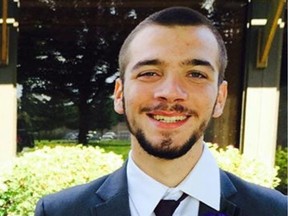
The NDP’s new plan is to expand the number of those who qualify by adding 400 involuntary care beds in B.C., including new secure, regional facilities for people held under the Mental Health Act, as well as mental-health units in jails for those with addiction and mental health challenges who are incarcerated.
By signing up you consent to receive the above newsletter from Postmedia Network Inc.
Article content
Advertisement 3
Article content
Eby cited a recent random stranger attack in Vancouver by a mentally ill man with a history of drug use as impetus for change, which he says would come with legislation to clarify when people should be brought into treatment involuntarily. He said those who’ve suffered brain injuries from repeated overdoses are top of the list.
Asked for further information on the threshold for the new involuntary care system, the premier’s office responded with a transcript of the announcement, saying more details would be provided in a memo from B.C.’s chief scientific adviser for psychiatry, toxic drugs and concurrent disorders. The memo will be provided to physicians before it is finalized and released to the public
Conservative leader John Rustad criticized Eby for making the policy commitment “after our party clearly outlined a plan to bring compassion and accountability to addiction treatment” by pledging to expand involuntary care if elected.
“For people with mental health and addiction issues in B.C. — to be treated, they have to want to be helped. But if they can’t even remember to eat, how can we trust them to be in charge of running their own lives?” Nicola said.
Advertisement 4
Article content
Alberta is the only province that allows a close relative, doctor, nurse or child protection officer to petition for a mandatory treatment order.
But Nicola says she is doubtful that B.C. will be able to establish secure, involuntary treatment facilities for people like her son.
“B.C. has already been in charge of voluntary care for people who chose to seek help, and there aren’t enough immediately available detox beds and recovery programs for them.”
She said during one of Christian’s relapses in 2016, he repeatedly phoned a local detox facility but was told they didn’t have a bed, so he took off to a friend’s house to use.
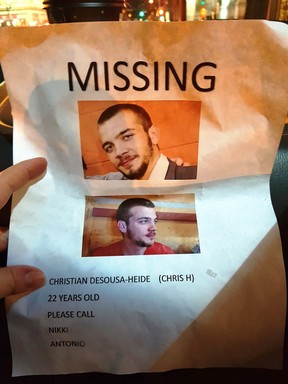
Ministry figures show the average waiting time for voluntary treatment is 35 days. Advocates say it will be years before the province can provide help when and where people need it.
When Christian started showing signs of trouble at age 16, his mother, who had witnessed addiction while working as a nurse with high-risk youth, sought help.
She took her son to Surrey Memorial Hospital and a local drug treatment centre, but neither would help because he denied having a problem. Even though he was a minor, he could refuse care.
Advertisement 5
Article content
As an adult, Christian alternated between living in Vancouver’s Downtown Eastside, stealing things to cover the cost of illicit drugs and living back home with his parents trying to stay clean.
His mother wrote letters to former Premier John Horgan, then Green Leader Andrew Weaver, and her MLA Bruce Ralston.
“We are in the middle of an epidemic, a crisis with drug addiction and homelessness. I am a parent, struggling to get my youngest son out of this vicious cycle,” she wrote. “I report him missing, but can’t get any information because he is an adult and that violates his rights. He keeps doing crime to pay for his heroin addiction and I keep walking the Downtown Eastside day and night to find him. Where are our rights to protect our kids and keep them safe?”
By his mid-20s, her son had racked up a dozen minor criminal charges such as petty theft, and breaching court-ordered conditions and his mother used the B.C.’s court services public database to track Christian by way of the crimes he committed.
And because Christian was an adult, DeSousa had no legal standing for Crown counsel or probation officers to mandate involuntary treatment.
Advertisement 6
Article content
“When my son threatened to commit suicide in 2018 while he was being treated at a Surrey hospital for a staph infection from IV drug use, I tried to get doctors to commit him under the Mental Health Act, but they refused,” Nicola said.
Before her son’s death, Nicola thought she may have finally caught a break when she showed up to one of Christian’s scheduled court hearings in April 2023 and a judge agreed to release him into her care. He detoxed for 10 days at the family’s house.
When he was later admitted to a Vancouver hospital for unrelated cancer treatment, he made regular trips to the Downtown Eastside.
“No matter how much we begged the nurses and doctors at the hospital to tell us if Christian ever leaves the hospital, even showing them the court order we had for him to stay in care, they never informed us.”
Nicola says she found out that her son had “gone off the rails,” when a nurse from the hospital called her to pick up his belongings after he failed to return to the hospital for 24 hours.
“If my son had gotten involuntary treatment. He’d still be alive today,” she said.
– With files from Lori Culbert and Alec Lazenby
Advertisement 7
Article content
Recommended from Editorial
-

Will the B.C. NDP's reversal on involuntary care move the needle on treatment?
-

B.C. Premier David Eby finds new-found urgency on involuntary treatment, on eve of election
Bookmark our website and support our journalism: Don’t miss the news you need to know — add VancouverSun.com and TheProvince.com to your bookmarks and sign up for our newsletters here.
You can also support our journalism by becoming a digital subscriber: For just $14 a month, you can get unlimited access to The Vancouver Sun, The Province, National Post and 13 other Canadian news sites. Support us by subscribing today: The Vancouver Sun | The Province.
Article content
.png)
 2 hours ago
8
2 hours ago
8





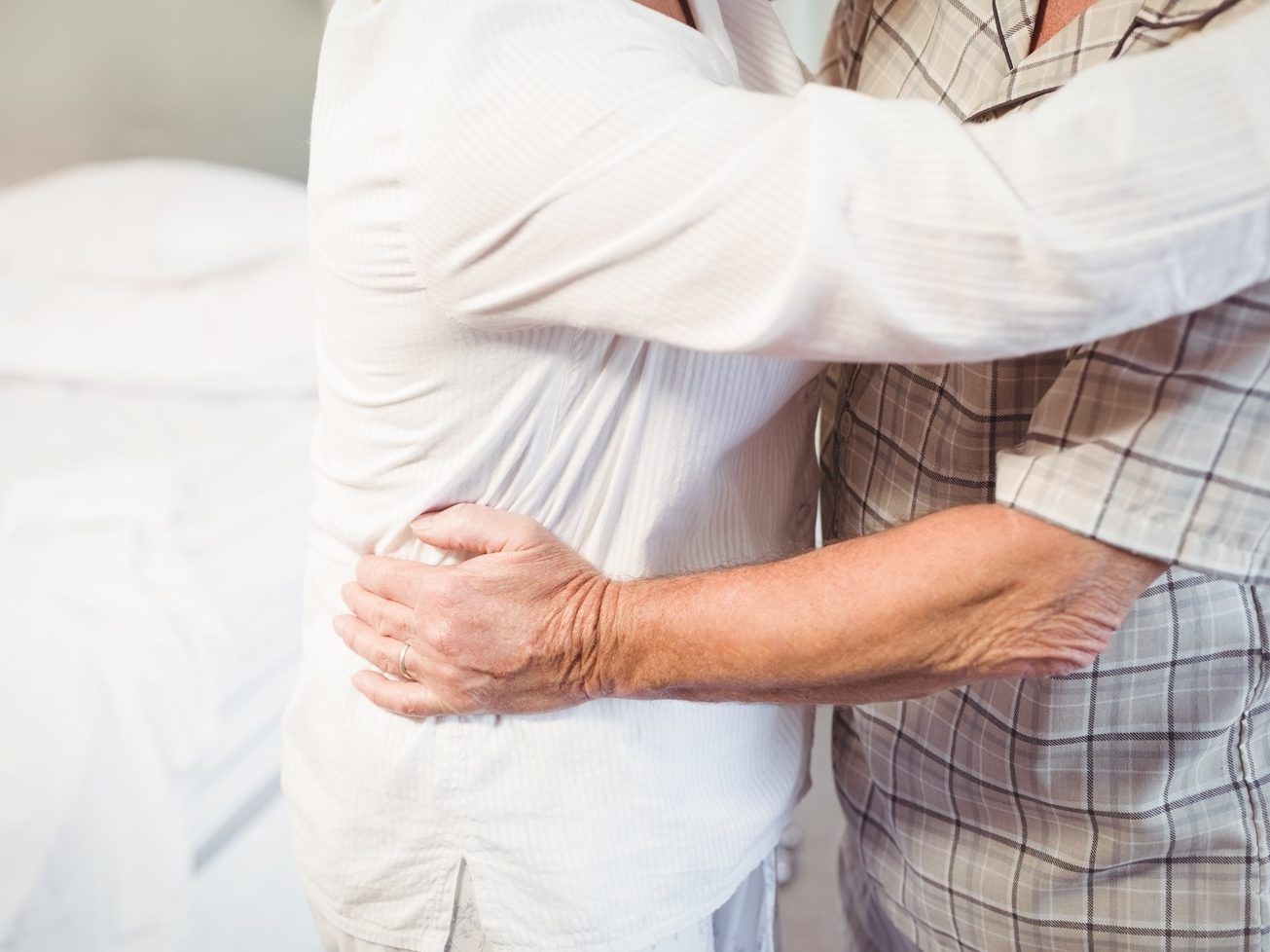


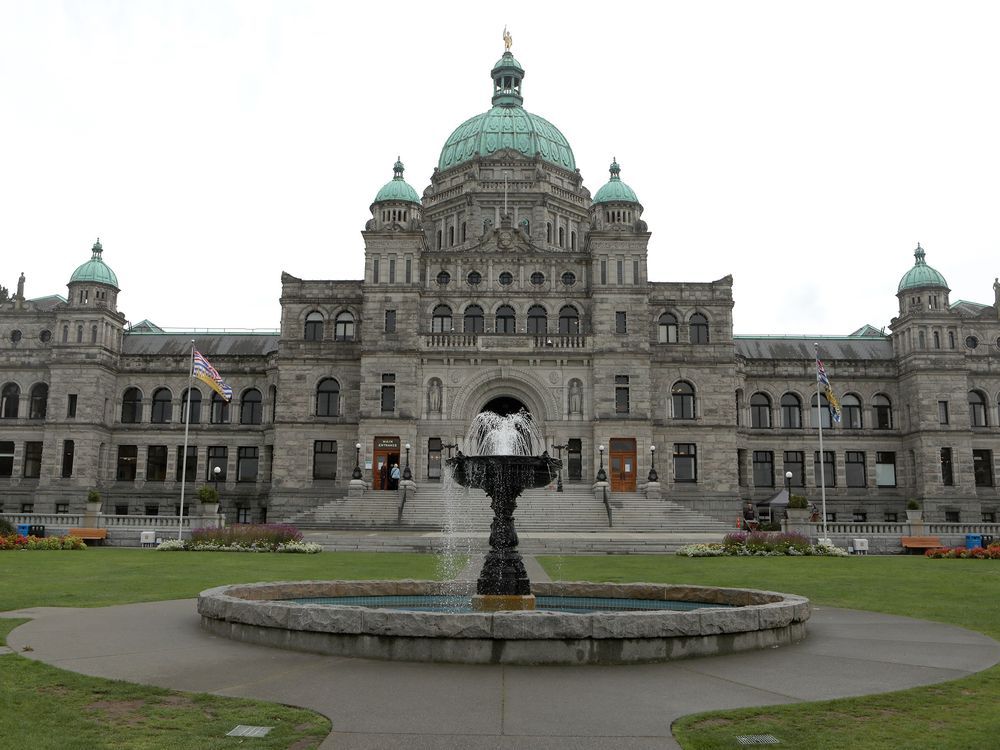
























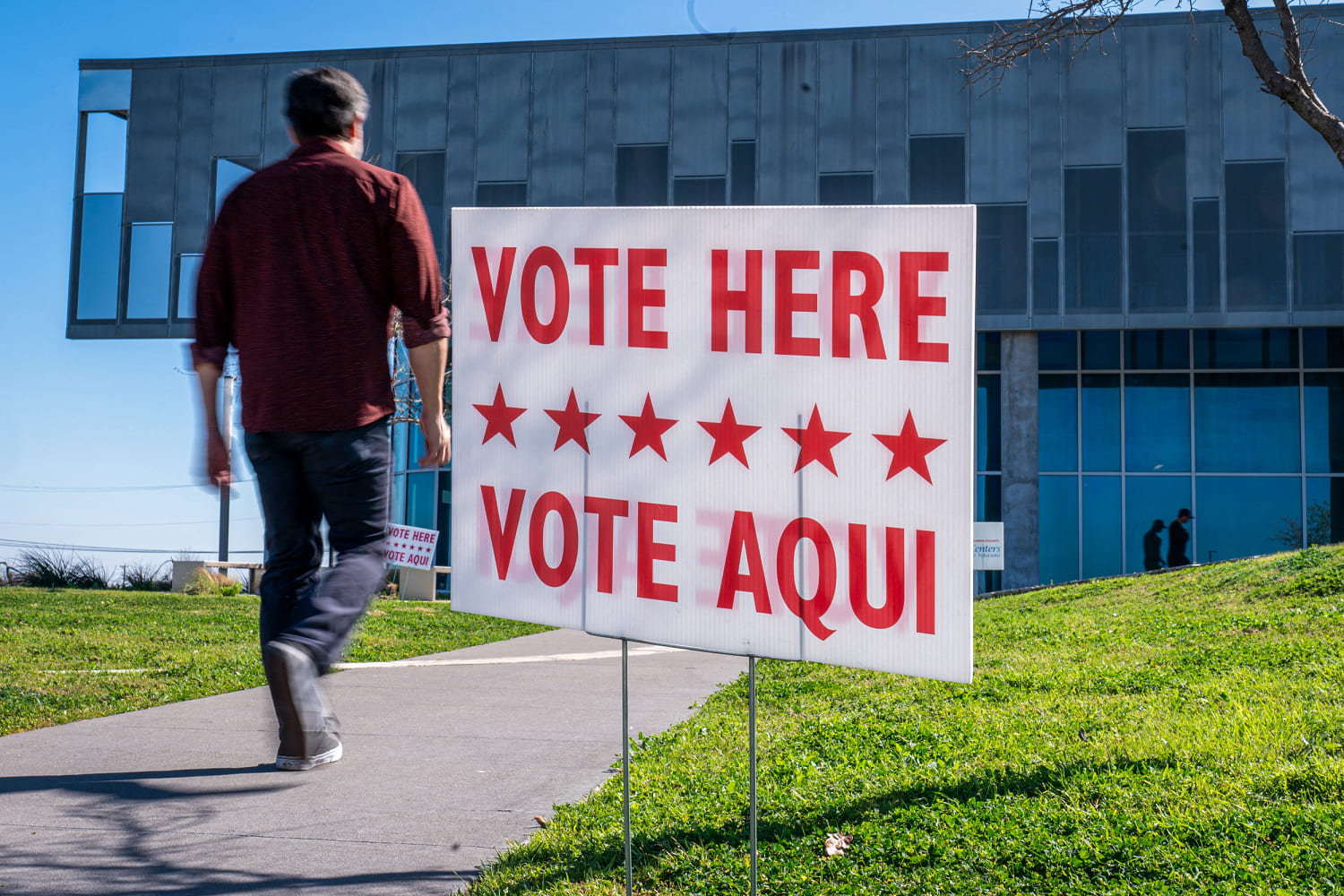


 Bengali (BD) ·
Bengali (BD) ·  English (US) ·
English (US) ·